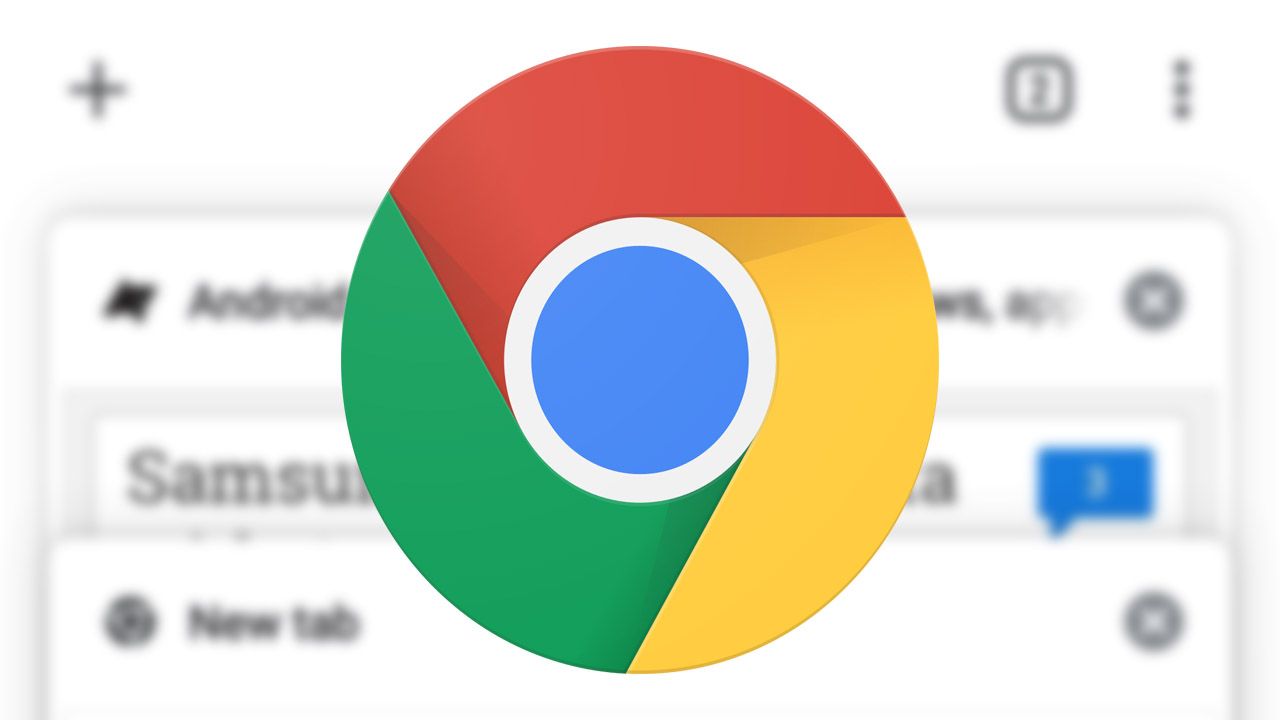Google joined the Coalition for Better Ads, an industry group intended to make online advertising less annoying, back in 2017. The news made headlines because Google also revealed that it would potentially block any advertising in Chrome that violated the group's ad guidelines. While there never seemed to be any high-profile takedowns, and there are still countless sites that violate the existing standards, the group has now created new rules for video ads.
"The Coalition for Better Ads announced today that it has developed a Better Ads Standard for short-form video for desktop, mobile web and in-app environments," the group wrote in a press release. "The Standard will apply to ad experiences that appear in short-from video content that is defined as 8 minutes or less in these online environments."
Three types of ad behaviors will now place websites on the advertising naughty list: mid-roll ads, pre-roll ads longer than 31 seconds that cannot be skipped in the first 5 seconds, and ad banners that are placed on top of the center of the video (or are larger than 20% of the video content).
Google said starting on August 5th, "Chrome will expand its user protections and stop showing all ads on sites in any country that repeatedly show these disruptive ads." The company also noted that its own YouTube service doesn't abide by these standards right now, saying, "we'll update our product plans across our ad platforms, including YouTube." Maybe this is the end of YouTube mid-roll ads?
It remains to be seen how strongly the group will enforce the new rules. The existing guidelines don't allow for the use of pop-up ads, mobile ads that take up more than 30% of the visible screen space, and large sticky ads. Auto-playing video ads with sound are also already banned, and while usage of that format has gone down, that's mostly because Chrome and Firefox now block them at the browser level. The Wall Street Journal also mentioned how some companies lobbied for exceptions, which were ultimately granted:
Some of the members lobbied the coalition to make exceptions, including Facebook, which argued that the social network should be excluded from a rule banning videos that automatically play with sound. Bounce Exchange Inc., a pop-up ad maker, argued the pop-up ad rule should be changed to exclude ads that appear when a user is idle for more than 30 seconds. Both efforts were successful.
We'll have to wait and see if the new guidelines will result in a visible improvement to online advertising, but I'm not optimistic.
Source: Chromium Blog, Coalition for Better Ads




